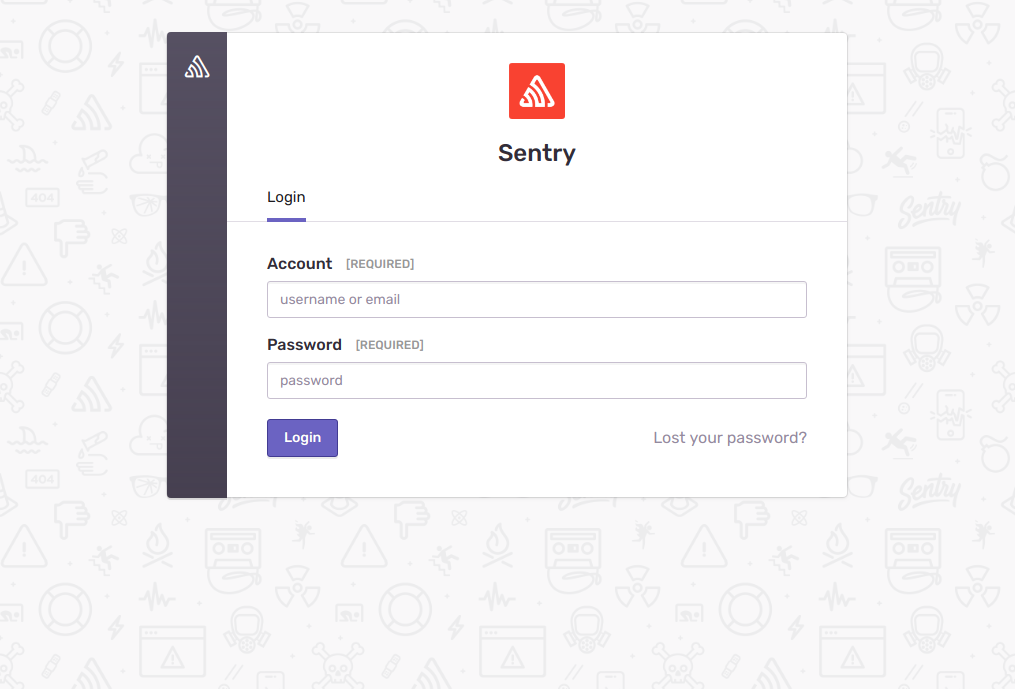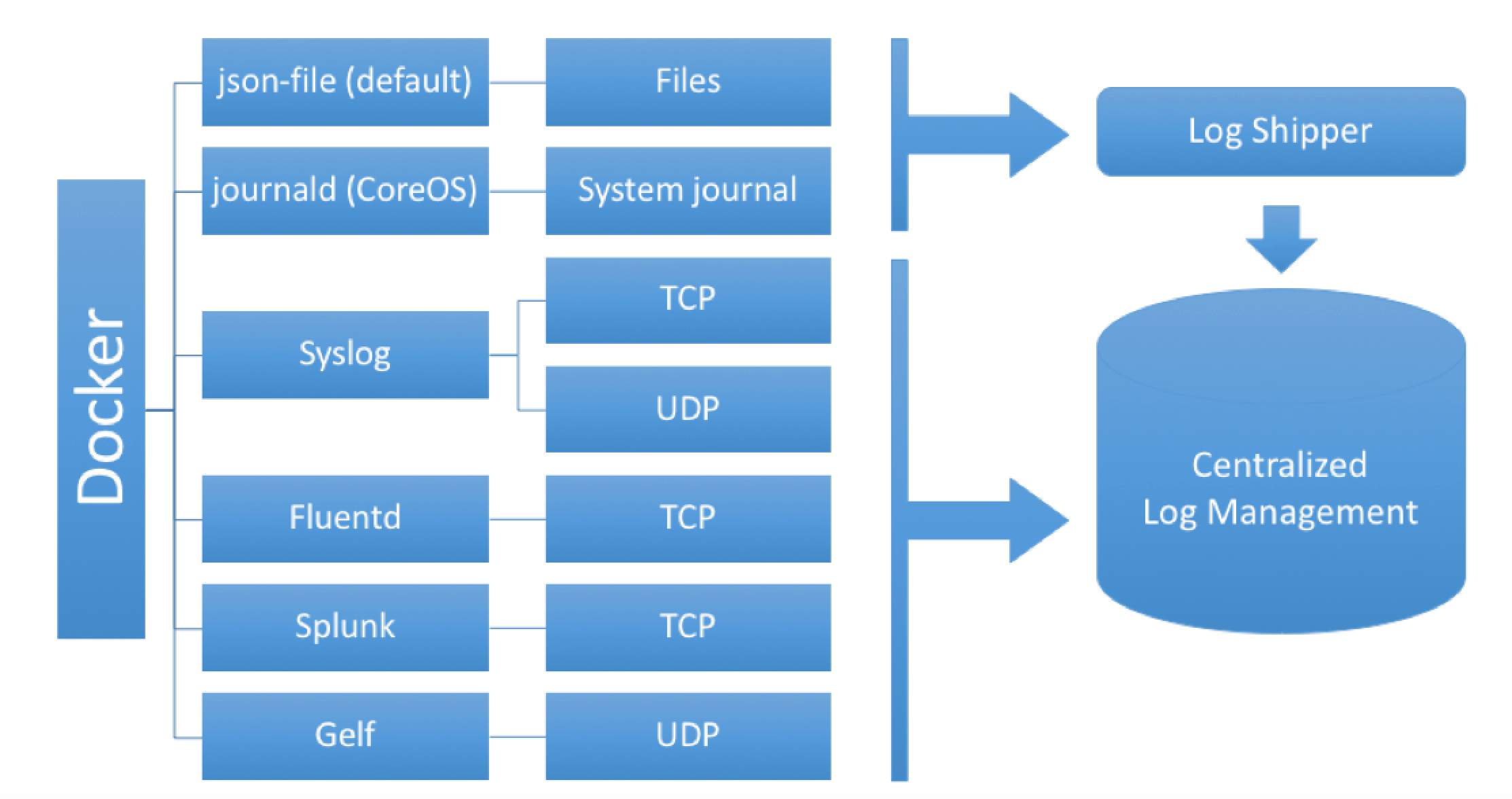

I still want to see the informational messages but just not have them treated as errors. Docker Syslog Impacts Container Deployment. The specific use case I have is when running docker-compose from within sbt, sbt will redirect the output from the docker-compose process to its logs (and output) and anything that comes from stderr will be prefixed with (in red). For more information about configuring Docker using daemon.

If the file does not exist, create it first.
#Docker syslog stdout stderr driver
The syslog message must be formatted in a specific way to be valid. To use the json-file driver as the default logging driver, set the log-driver and log-opts keys to appropriate values in the daemon.json file, which is located in /etc/docker/ on Linux hosts or C:ProgramDatadockerconfig on Windows Server. The syslog protocol uses a raw string as the log message and supports a limited set of metadata. I do not want to redirect all of stderr to stdout and I do not want to set the log level to WARNING and miss out on the informational messages. The syslog logging driver routes logs to a syslog server. This operation can be done in Dockerfile: Get syslog-stdout via ADD ADD /tmp/ RUN tar fxz /tmp/ -C /usr/sbin Or. forward request and error logs to docker log collector RUN ln -sf /dev/stdout /var/log/nginx/access.log \ & ln -sf /dev/stderr /var/log/nginx/error. The official nginx mirror uses a method to output the log to STDOUT, which is to create. Add dist/syslog-stdout into an executable folder (like /usr/sbin) inside your container. In this post, we’ll explain how the driver you choose. The content displayed by docker logs includes STOUT and STDERR. The container’s logging driver can access these streams and send the logs to a file, a log collector running on the host, or a log management service endpoint. I would like to be able to add a flag to get informational messages (log level INFO and below) to go to stdout instead so that I can leave stderr for warnings and errors only. When an application in a Docker container emits logs, they are sent to the application’s stdout and stderr output streams. Including informational messages in stdout in this case would break the input-output flow. Log output doesn’t need to include timestamps.

Emitting logs to stdout and stderr allows Docker and other tools to aggregate them in a standardised way. Your containers should work with Docker’s logging system wherever possible. I can see why this is the case as it separates informational messages from other output that could conceivably be piped to other commands. docker run -log-opt modenon-blocking -log-opt max-buffer-size8M my-image:latest Logging Best Practices. It seems that informational messages are printed to stderr by design based on this comment:ĭocker-compose prints informational messages to stderr, and container output to the same stream as it was written to in the container (stdout or stderr).


 0 kommentar(er)
0 kommentar(er)
